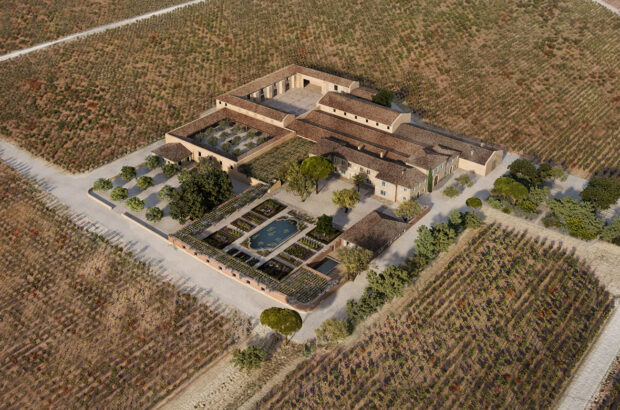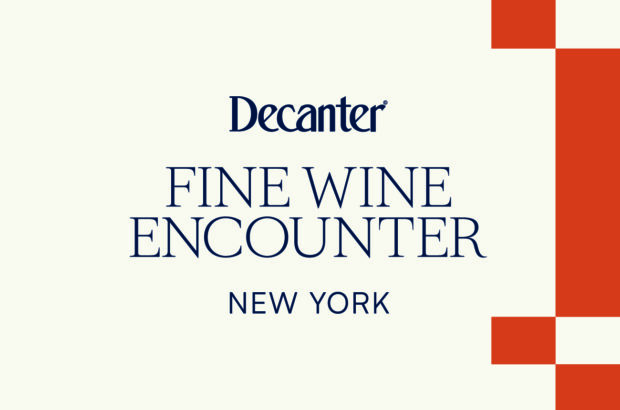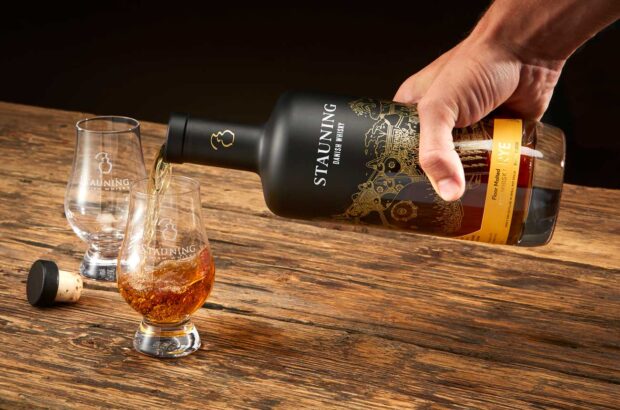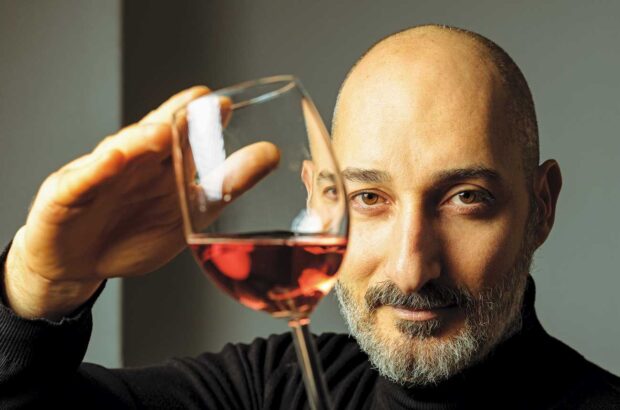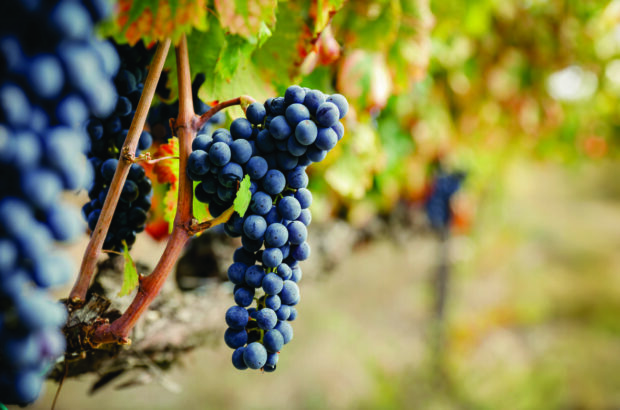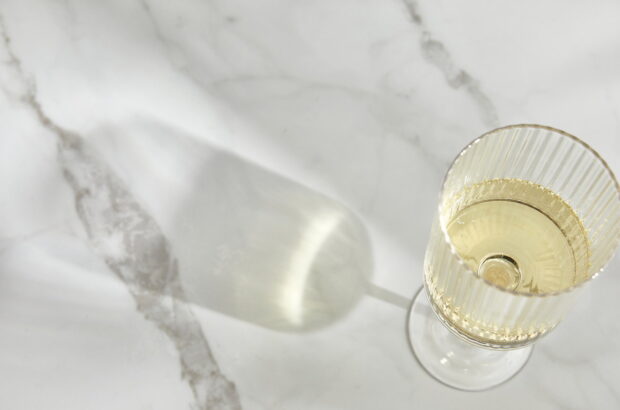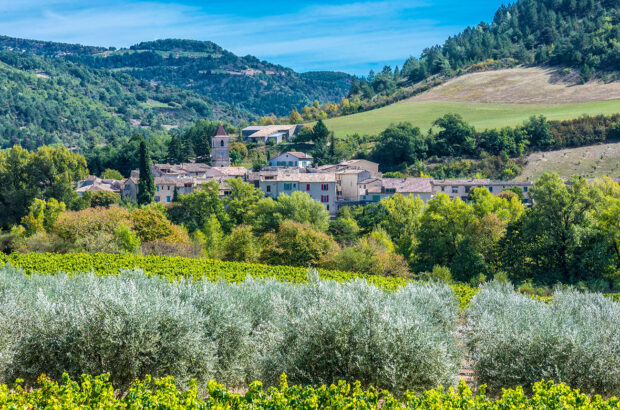What a difference a decade makes, eh? Pop into pretty much any pub, restaurant or bar today and you’d be hard pressed to find one that doesn’t offer at least one dedicated no/low-alcohol option on its menu. It’s a far cry from the days when choices for anyone not drinking alcohol were largely limited to sugary soft drinks, a plain old lime and soda, or, if you dared to be different, a tonic water with a few dashes of bitters thrown in.
No/low spirits have become big business indeed. Since the introduction of the unquestionably groundbreaking Seedlip in 2015 – the botanical ‘spirit’ that was first developed by entrepreneur Ben Branson – the category has rapidly expanded in almost every direction, with mindful alternatives appearing in most spirits categories, from gin through to rum.
According to industry analyst IWSR, the category growth rate (in terms of volume) is expected to sit at 7% year-on-year until 2026, with 41% of current no/low consumers choosing no or low options on certain occasions, but opting for full-strength on others. This demonstrates the potential flexibility of the different products, as well as consumers’ acceptance of a more moderated lifestyle.
Substitute or something new
However, one conundrum I’ve encountered – a conundrum that refuses to go away – concerns the authenticity and ease of use of the new raft of no/low spirits. Many are specifically modelled to mimic existing flavour profiles, a premise that brings its own set of R&D challenges, whereas others aim to move the dial in a completely different direction, but are perceptibly more challenging to use at home.

Dawn Davies, The Whisky Exchange
‘The major driver in no/low tends to be in the on-trade and the majority of these tend to be gin-style [botanical-based] drinks, which are simple serves,’ explains Dawn Davies, the head buyer for specialist online spirits retailer The Whisky Exchange. ‘It allows the same ritual of a gin and tonic, but without the booze: think of it like a vape instead of a cigarette.
‘However,’ she continues, ‘the major challenge comes when you take the more innovative spirits out of the back bar and into the home cocktail cabinet, as many of them are too unfamiliar for customers to be truly comfortable with.’
One of the earliest innovators in this space was Jake Burger, the creative force behind the hugely successful Portobello Road Distillery gins, who, back in 2019, took the decision to launch Temperance, a significantly lower-abv variant at 4.2%. That decision involved some challenges of its own, despite Temperance receiving widespread critical and commercial acclaim.

Jake Burger, Portobello Road Distillery
‘We put Temperance together in the early days of this category and I think that perhaps the consumer went in a different direction at that time than how we felt they would,’ Burger explains. ‘My thoughts were that people would be looking for a straight substitution – a lower-or no-alcohol alternative to their established favourites – and we endeavoured to try to make Temperance a parallel product to Portobello Road London Dry.
‘In all honesty, we tried to make Temperance as a 0.0% originally,’ he continues, ‘and I just couldn’t get it to the point where we were proud to put our name on the bottle. That 4.2% was a bit of a compromise: the only way we could get it tasting and feeling how we wanted.’
Genuine alternative
For Paul Mathew, bartender, former conservation biologist and founder of Everleaf, which makes a trio of differently styled botanical non-alc spirits first launched in 2019, the challenge of creating something new yet simple to use at home was what drove the brand’s creative direction from the very beginning.

Paul Mathew, Everleaf
‘I wanted something that was as good as any of the other products on our back bar – something with flavour, complexity, texture and a story to tell,’ he explains. ‘In short, I think if consumers are choosing no/low spirits – which, let’s face it, aren’t cheap – then they want something delicious, something with character, something that doesn’t pretend to taste like alcohol, and a brand that stands for something.’
The industry’s reliance on potentially aping existing products is something that Mathew feels particularly strongly about – especially given the huge creative opportunity for curious consumers. ‘Personally, I’m frustrated at the number of [new] products wanting to be “alc without” – non-alc gin, non-alc rum, even non-alc vodka. These are always going to be missing something – not least, the 40% ethanol. To me, the approach needs to be about creating great-tasting drinks that fit a drinking occasion rather than trying to copy something,’ he says.
Flavour and texture
So just how difficult is it to make a credible, great-tasting no/low spirit? One that consumers can enjoy either as a substitute or as part of a specific occasion where alcohol isn’t a priority.
‘I think the challenges to mark out a great no/low boil down to a few things,’ says Burger.
‘First, getting the intensity and the authenticity of flavour right; just adding extracts to water isn’t enough. Second, getting enough weight, viscosity and, if you’ll forgive me for using the term, “mouthfeel” is a major challenge – just adding sugar or glycerine won’t cut it,’ he adds.
‘Finally,’ Burger says, ‘I suppose one of the biggest challenges is really explaining to the consumer how to use them. That’s why we thought making a parallel to gin would work; there was already a set of well-known, familiar drinks that it could slot into.’
Mathew agrees. ‘One of the first things I worked on with Everleaf was the texture,’ he points out. ‘I think this is one of the key parts to a drink, but it doesn’t get talked about nearly as often as flavour and aroma. It was the hardest part to get right, too, and I’ve spent many, many hours experimenting with a lot of different plants over the last six years working on it.
‘It’s still a relatively young category,’ he concludes. ‘So we’re all experimenting here, with stability and flavour intensity improving all the time. We have a really exciting project on the go that would be a game-changer for us on that front. Watch this space!’
Five essential no/low spirits to try
Looking for something to enjoy when you’ve decided to take things a little easier in the alcohol department? With such a positive swing in the NoLo category, there’s never been a better time to explore a few new brands that replicate the flavour of your favourite tipples, or bring a fresh perspective to the night ahead.
Everleaf Forest
Created by bartender and former conservation biologist Paul Mathew, Everleaf comprises a trio of distinctive aperitifs, designed for making spritz-style drinks with a mixer. Forest is a deliciously bittersweet blend of sustainably sourced botanical distillates and extracts, bringing a darker, herbal and more complex flavour. Alcohol 0%
Lyre’s American Malt
Arguably one of the most successful and widely distributed no/low brands, Lyre’s has chosen to go down the route of purposely exploring existing drinks categories and finding non-alc equivalent solutions in each one. From rum and gin to bourbon and tequila, the founders have developed highly credible versions that work especially well in their respective classic cocktails. Alc 0%
Portobello Road Temperance
Temperance is certainly one of the best, most fully flavoursome, low-abv gins – and it’s easy to see why. It delivers all the botanical punch of a London Dry, but also has a softer, citrus spice behind it and will stand up well in any cocktail. Alc 4.2%
Three Spirit Livener
Three Spirit’s mantra is providing ‘functional spirit alternatives’. It delivers this by blending adaptogens, nootropics, herbs, distillates and ferments from a variety of exotic ingredients, including Lion’s Mane mushrooms, Schisandra berries, guayusa, hops and cacao. Alc 0%
Wavelength Amber Digestif
Created using some serious brewing expertise, Wavelength (formerly High Point) has faced the aperitif market head-on with some of its inspired non-alc creations. Once the base ferment has been created, it’s infused with several botanicals and spices before being blended and bottled. Alc 0%



